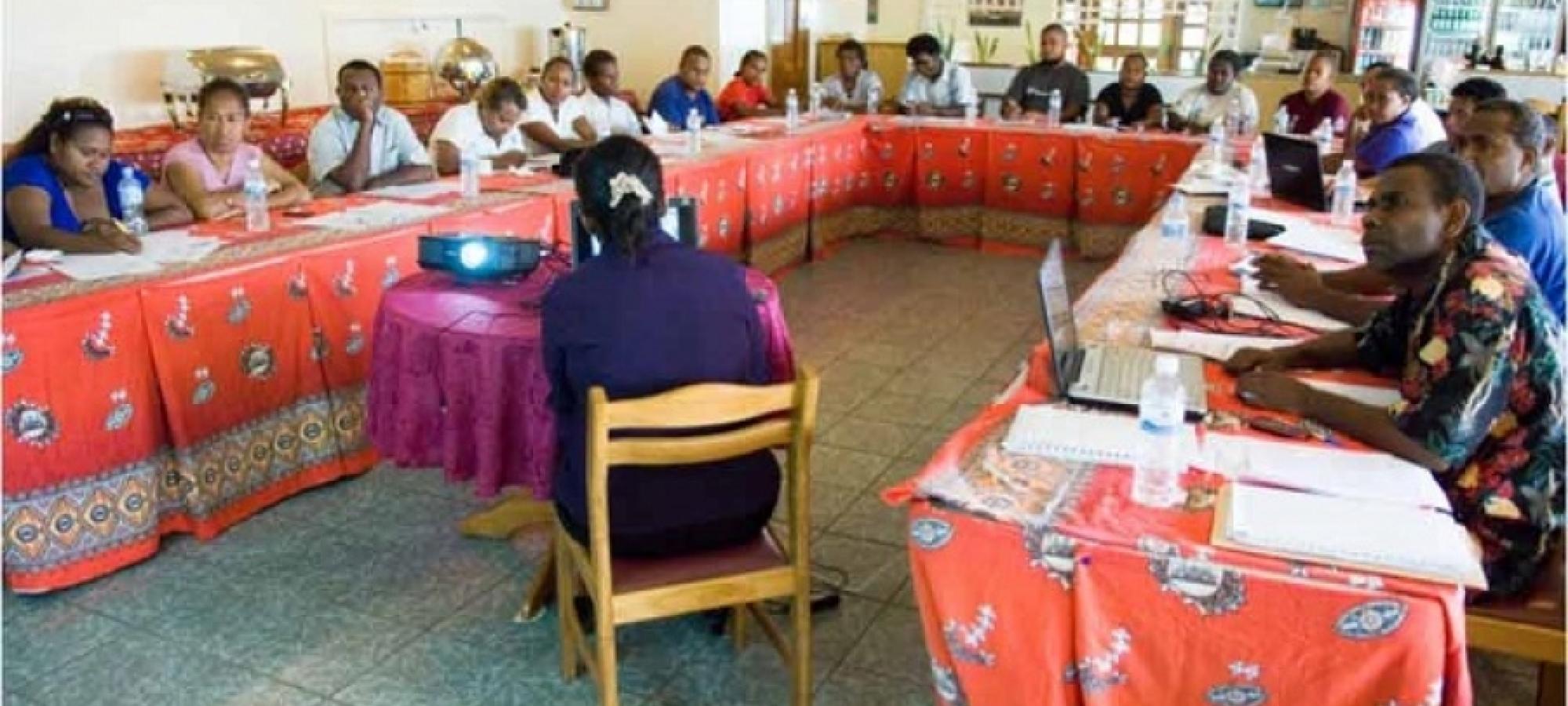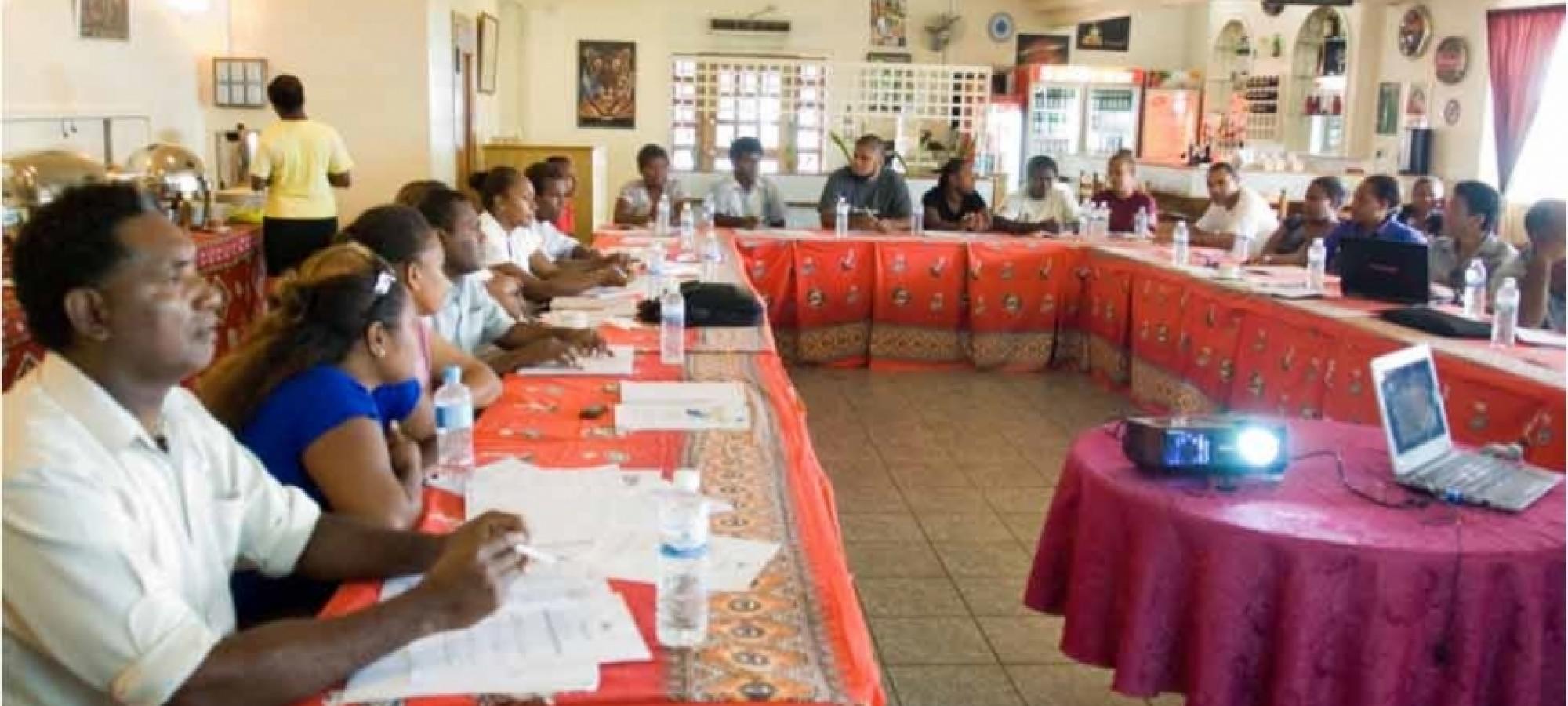Pacific Island communities lobby for legislative change

2 October 2012, Secretariat of the Pacific Community, Suva, Fiji -
Communities and groups within member countries of the Secretariat of the Pacific Community (SPC) are making use of the resources offered by the SPC Legislative Lobbying Project.
The SPC Lobbying Project is a supported by the AusAID-funded Pacific Leadership Programme.
Ms Seema Naidu, SPC Pacific Regional Rights Resource Team (RRRT), said that civil society groups in Vanuatu, Kiribati, Tuvalu, Tonga, Solomon Islands and Samoa are engaged in a variety of community-led projects that are heading towards legislative change within their countries.
Ms Naidu is a trainer responsible for coordinating the Legislative Lobbying Project.
'We have a number of Legislative Lobbying Project campaigns that the countries have embarked on, some of which are leading to real, tangible benefits,' said Ms Naidu.
For example, in Nauru, a group of people with disabilities are addressing the rights of the disabled, and Chiefs in Vanuatu are supporting gender equality and promoting human rights.
'Throughout the different countries, we have seen a strong partnership and ownership about law reform coming from within communities,' said Ms Naidu.
This ownership is assisted by the information RRRT and the Legislative Lobbying Project provide to communities about their countries' constitutions and the purpose that laws fulfill.
'Groups within the community look at a particular issue and then identify in what way this is a human rights issue. From this, the community can develop campaigns and strategies that lead to some form of legislative change,' said Ms Naidu.
She said that, as an example, access to clean water may be a health and sanitation issue, an environmental issue, or a climate change issue, but underlying all of these is the issue of a fundamental human right.
'How do you communicate about your campaign, coming up with three clear messages that you want people to know about your campaign? The project is very skills orientated, such as writing a submission or a policy paper that goes to the government Cabinet of a country.
'For example, Vanuatu is engaged in three campaigns. One is on the outdated sexual offence penal code, which brought together local communities, the Department of Women, the Police Department, the Vanuatu Law Reform Commission, as well as the NGO World Vision.
Secondly, the Trade Unions are cooperating to progress the Vanuatu Employment Relations Bill so that it becomes an Act. In the process, union representative Evelyn Barney focused, successfully, on increasing the minimum wage.
Thirdly, there is a campaign to amend the Peoples Representation Act, a legislative change that will ensure a certain number of reserved seats for women in Parliament.
Ms Naidu said that the project gives people in the participating countries the opportunity to enter into a dialogue with their parliamentarians.
"We also see real leadership within the government departments we work with in the region, particularly, from the Departments for Women and Justice. They support and help drive this project,' said Ms Naidu.











